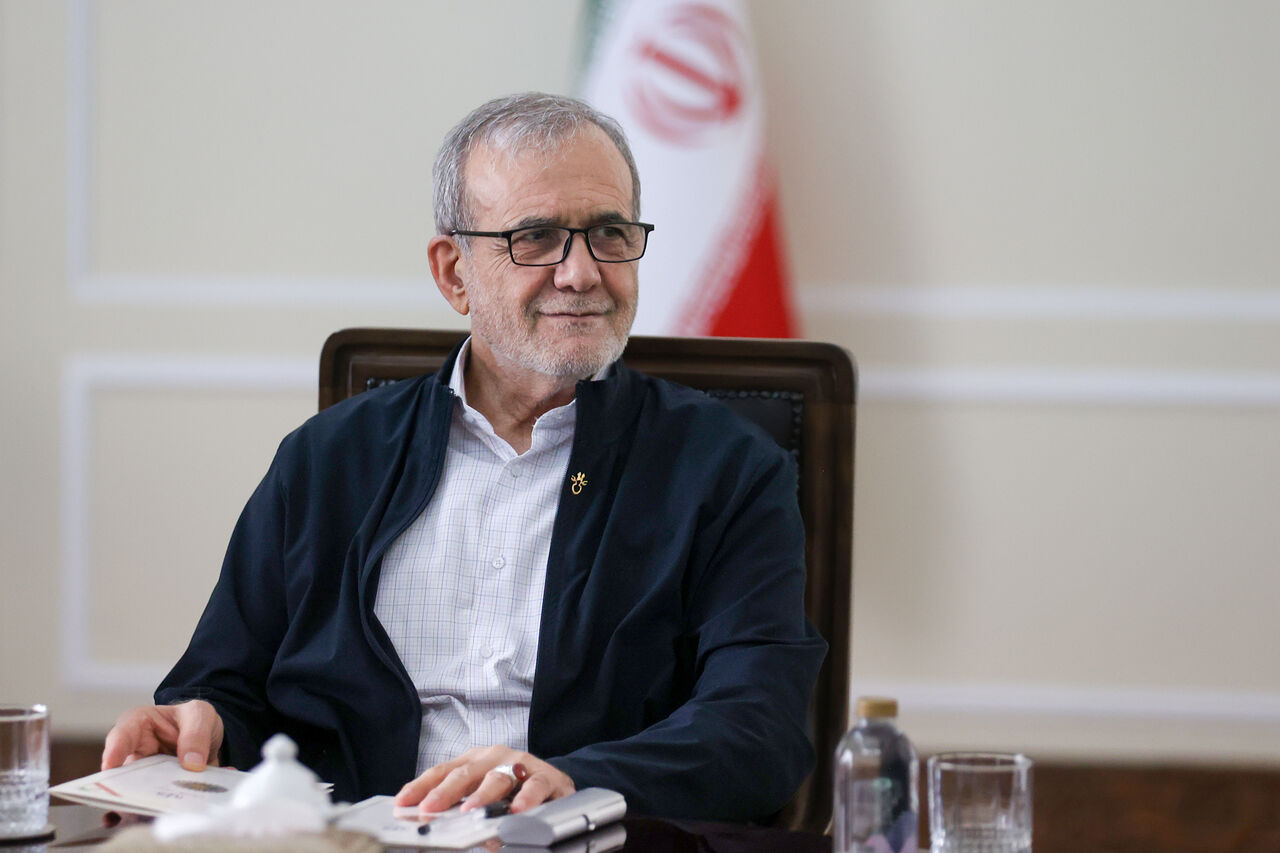
Similar Posts
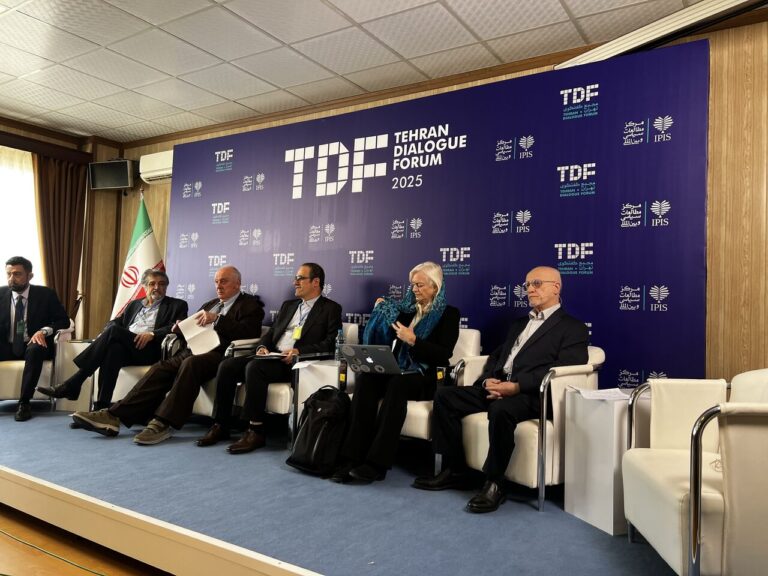
Pugwash Secretary General Champions Peaceful Nuclear Energy Solutions for a Sustainable Future
During the Tehran Dialogue Forum 2025, Karen Hallberg, Secretary General of Pugwash Conferences, emphasized the need for transparency and compliance in nuclear energy use. She highlighted the importance of IAEA Safeguard Agreements to ensure peaceful nuclear activities and called for adherence to UN Security Council resolutions for a nuclear-free region. Hallberg advocated for active diplomacy and technical cooperation to enhance safety. Hussain Al-Shahristani criticized Israel for violating the NPT, arguing that nuclear weapons do not ensure security, while Paolo Cotta stressed that nuclear energy does not necessarily lead to weapon development. The Iranian Foreign Ministry also held a meeting to discuss nuclear energy and regional alliances.
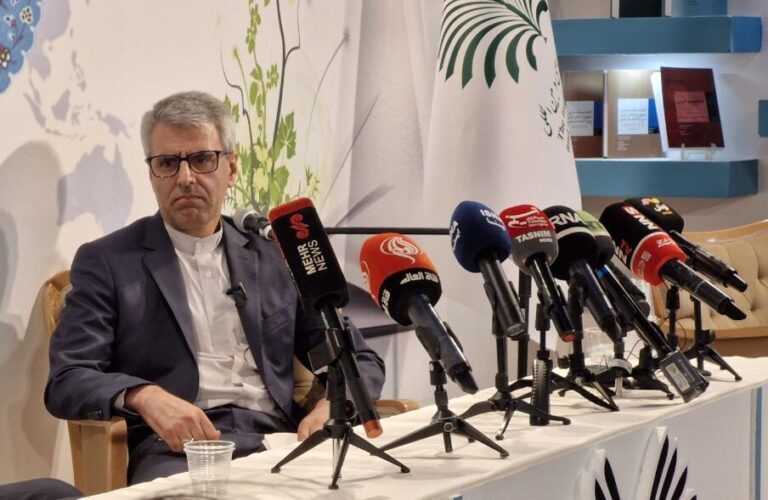
Baqaei: Stopping Iran’s Nuclear Program Is Not a Negotiation Challenge
Negotiations over Iran’s nuclear program are intensifying, with Foreign Ministry spokesperson Esmaeil Baqaei asserting that halting the program is not an option. He emphasized that Iran’s primary goals are to maintain its nuclear advancements and to lift sanctions affecting its population. Recently, Iranian negotiators, led by Foreign Minister Abbas Araqchi, engaged in discussions with a U.S. delegation in Muscat, facilitated by Oman. These talks are seen as productive and aim to address Iran’s nuclear ambitions, potential sanctions relief, and possibly replace the 2015 deal abandoned by the U.S. during the Trump administration.
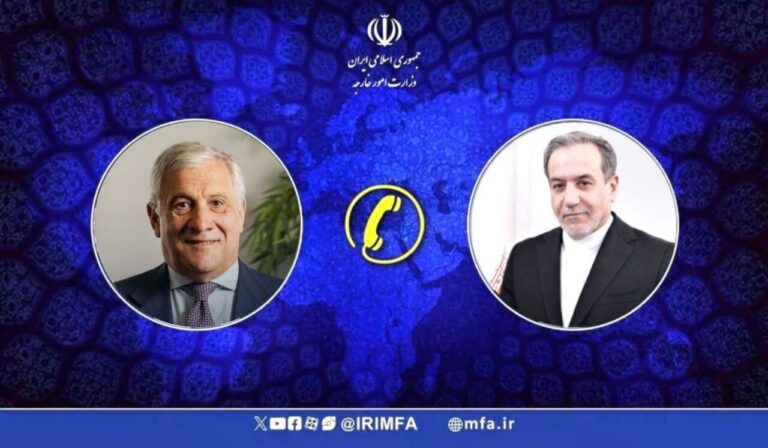
Iran-U.S. Talks: Building Hope Through Goodwill and Realism, Says Araqchi
Iran’s Foreign Minister Abbas Araqchi indicated that recent discussions with the United States could lead to a positive outcome, emphasizing the importance of goodwill and realism. In a phone call with Italian Foreign Minister Antonio Tajani, Araqchi provided updates on the second round of indirect negotiations in Rome regarding Iran’s nuclear program and sanctions lifting, facilitated by Oman. He described the talks as constructive and progressive, expressing gratitude for Italy’s coordination efforts. Tajani acknowledged Iran’s responsible approach and reiterated Italy’s support for the ongoing diplomatic process, suggesting promising developments for the region.
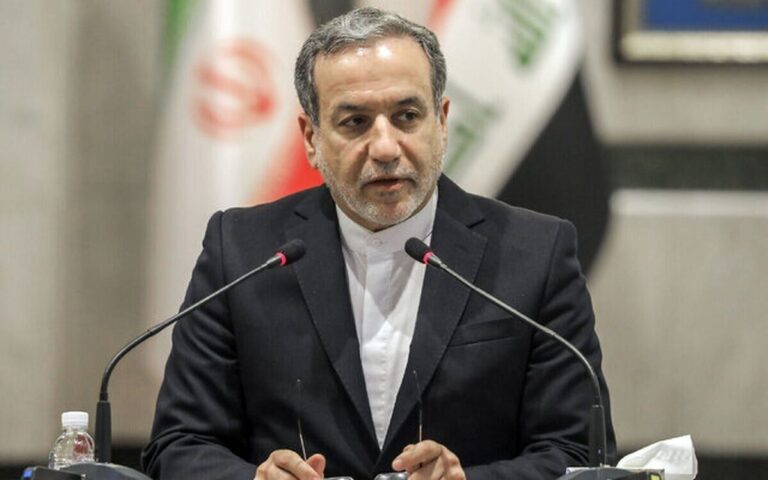
Iran’s Foreign Minister Advocates for ‘Maximum Wisdom’ Over ‘Maximum Pressure’ for Smart Diplomatic Strategies
Iran’s Foreign Minister Abbas Araghchi criticized former President Donald Trump’s “maximum pressure” strategy, calling it a failure that will only incite “maximum resistance” from Iran. He reiterated Iran’s commitment to the Non-Proliferation Treaty (NPT) and asserted that the country will never pursue nuclear weapons. Araghchi suggested that achieving practical assurances against nuclear weapon development is possible if economic pressures and sanctions are lifted. His comments come in response to Trump’s recent move to reinstate the pressure campaign against Iran, emphasizing the need for “maximum wisdom” in addressing these international relations challenges.
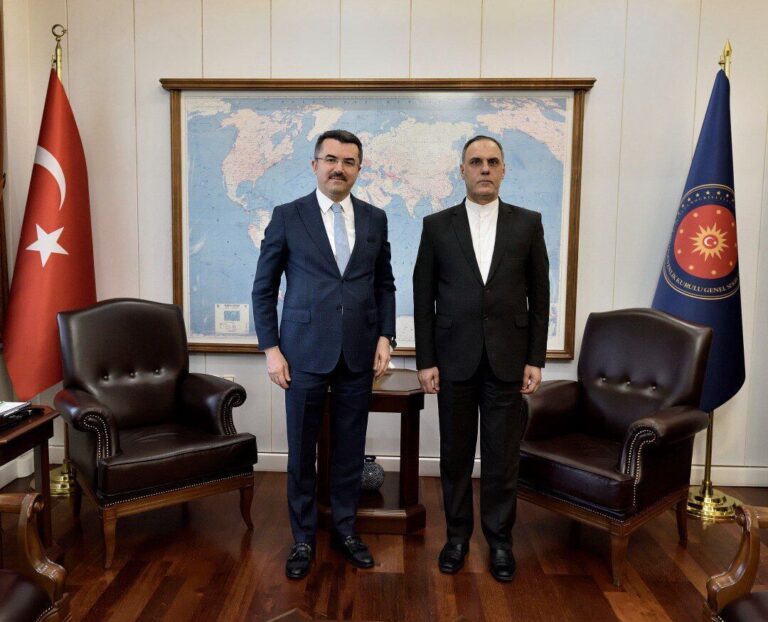
Iran Commits to Combating Regional Terrorism, Says Envoy to Turkey
Iran’s Ambassador to Turkey, Mohammad-Hassan Habibzadeh, reaffirmed Tehran’s dedication to combating terrorism and enhancing regional security during a meeting in Ankara with Turkey’s National Security Council secretary general, Okay Memis. Key points included Iran’s strong support for anti-terrorism initiatives and the necessity of security cooperation to address shared threats. They also discussed the evolving situation in Syria and ongoing indirect negotiations regarding Iran’s nuclear program. Additionally, Tehran welcomed the PKK’s decision to disband and cease hostilities against Turkey, viewing it as a positive step toward fostering regional peace and stability.
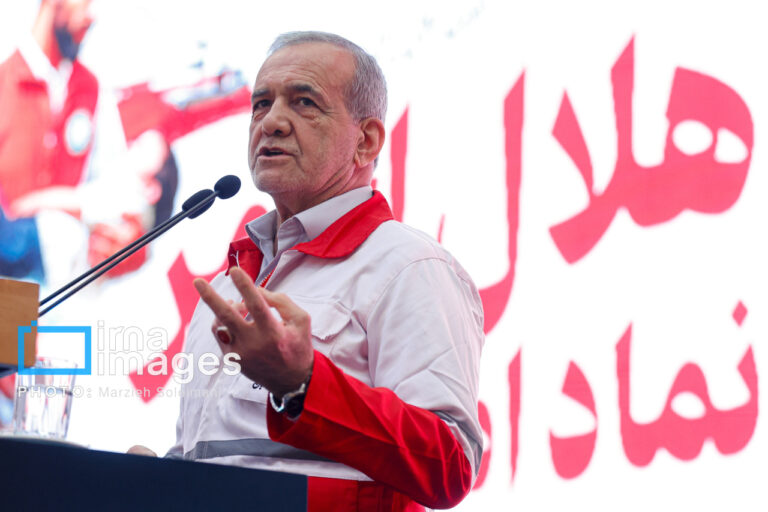
President Pezeshkian Slams Western Double Standards in Humanities Debate
Iranian President Masoud Pezeshkian condemned Western nations for their double standards on humanitarian issues during a Red Crescent Week event. He highlighted the hypocrisy of countries that promote democracy and human rights while engaging in brutal actions. Pezeshkian criticized these nations for shifting blame onto others and questioned the morality of those who support violence against vulnerable populations. He also called out international organizations, particularly the United Nations, for their inaction regarding the Israeli regime’s actions against civilians. Pezeshkian emphasized the stark contrast between the rhetoric of peace and the reality of savagery in global affairs.